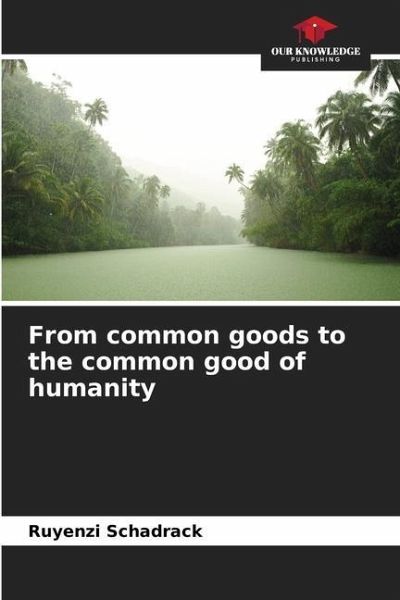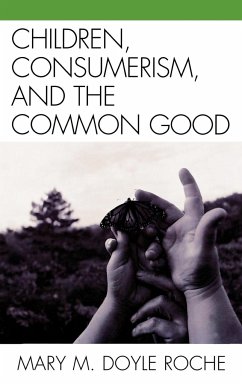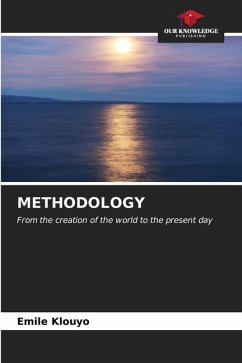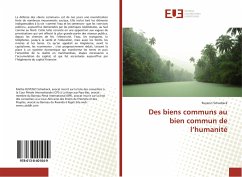
From common goods to the common good of humanity
Versandkostenfrei!
Versandfertig in 6-10 Tagen
27,99 €
inkl. MwSt.

PAYBACK Punkte
14 °P sammeln!
The defence of "common goods" is nowadays a strong demand of many social movements. It includes both the elements that are essential to life - such as water and seeds - and the "public services" that are now being dismantled by neoliberal policies, both in the South and in the North. This struggle consists of opposition to the waves of privatisation that have affected most of the public networks, from railways, electricity, water, transport, telephony, to health and education, but also forests, rivers and land. What was called in England, before capitalism, the commons, was progressively reduc...
The defence of "common goods" is nowadays a strong demand of many social movements. It includes both the elements that are essential to life - such as water and seeds - and the "public services" that are now being dismantled by neoliberal policies, both in the South and in the North. This struggle consists of opposition to the waves of privatisation that have affected most of the public networks, from railways, electricity, water, transport, telephony, to health and education, but also forests, rivers and land. What was called in England, before capitalism, the commons, was progressively reduced, giving way to an economic system that transformed land and then the whole of reality into commodities, steps necessary for the accumulation of capital, and which has been accentuated today by the hegemony of finance capital.












